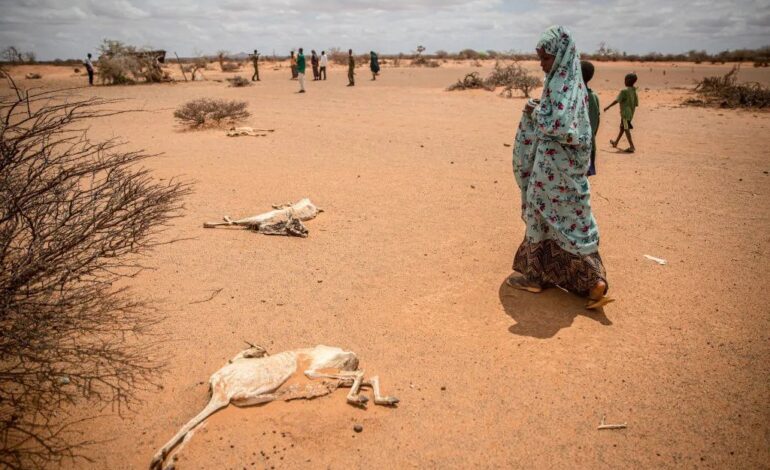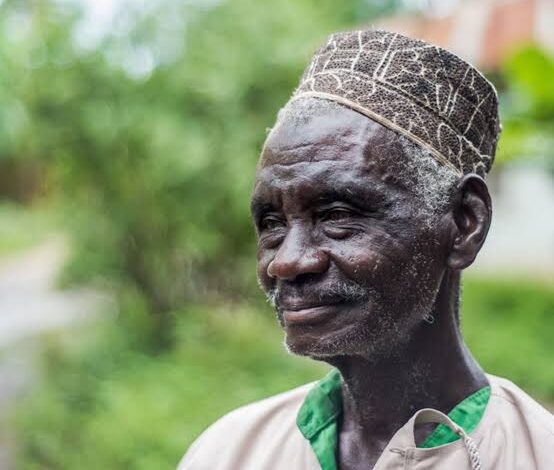
Faith Nyasuguta
Public coffers are aiding African countries boost healthcare services, and one dramatic improvement has been an increase in the number of years an individual is in a good state of health.
Over the last decade, the improvement in healthy life expectancy nearly doubled the global average, according to a report that also points out the significant opportunities in Africa’s health and wellness sector.
Rising national domestic health budgets in African economies over the last decade have resulted in longer and healthier lives for most people in Africa, and the improvement has come at a far faster rate than elsewhere in the world.
The World Health Organisation, in its latest assessment, shows that between 2000 and 2019, most African governments cut reliance on donor funding and pumped more public funds into essential health services like reproduction, maternal, newborn and child health as well as into the fight against infectious diseases.
This shift to local funding of healthcare services has resulted in the elongated average lifespan in populations on the continent from 46 years in 2000 to 56 years in 2019.
“The sharp rise in healthy life expectancy during the past two decades is a testament to the region’s drive for improved health and well-being of the population,” WHO regional director for Africa Dr Matshidiso Moeti said.
The global average lifespan, however, grew to a higher point — 64 — than Africa’s, but only by five years (that is, from 59), according to a report titled, Tracking Universal Health Coverage(UHC) in the WHO African Region 2022.
Higher domestic funding for UHC nearly doubled essential health coverage to 46 per cent in 2019 from 24 per cent in 2000, with most of these funds directed at the prevention and treatment of infectious diseases.
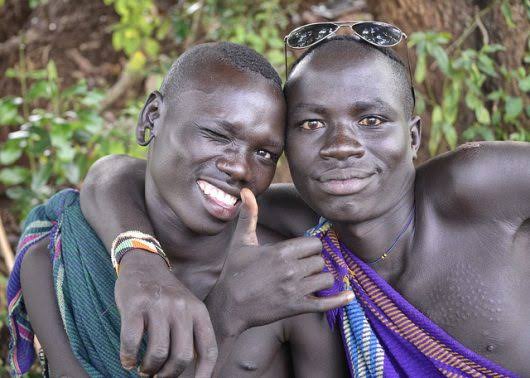
Botswana’s government provides the highest percentage (almost 80 percent) of national health funding, followed by Seychelles (more than 70 percent) and Cape Verde (about 65 per cent).
GROWING HEALTH SPENDING
Algeria, Gabon, South Africa and Eswatini are also among countries whose governments spend more than 50 per cent of their national health budgets (with the rest made up of private or donor funding).
These countries — mostly in the southern and northern sub-regions of Africa — also have the highest essential health coverage on the continent.
However, the report says there is still more work to be done to relieve populations (mostly in 40 countries, whose domestic expenditure on healthcare is less than 50 per cent of the amount budgeted) from high out-of-pocket expenditures.
“There is still a wide scope for improvement in terms of reducing financial hardship in the care-seeking process and ensuring financial risk protection across all populations,” the report said.
Some 15 countries have been listed among those with above-average service coverage and financial risk protection, with households spending 10 per cent or less of their income on healthcare.
Rwanda, Malawi and Mozambique are among low-income countries with relatively high service coverage indexes and good financial risk protection, showing that health insurance or free health care systems can dramatically improve health coverage, and that the latter is not largely dependent on individual household incomes.
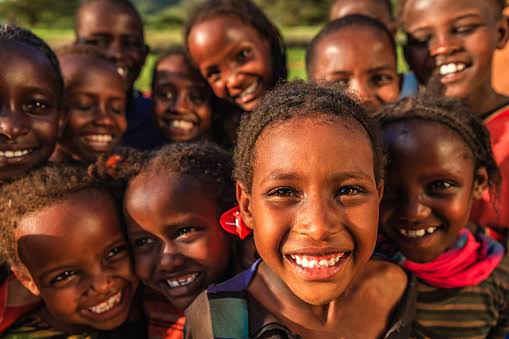
Overall, the assessment report shows that the African region has expanded service coverage without any major increases in catastrophic health spending (more than 10 per cent on household spending, regardless of poverty status) over the past seven years.
COVID-19 SETBACK
The Covid-19 pandemic dampened the delivery of essential health services, with disruptions to health systems and the delivery of routine services on a surge in positive cases and the need for a more robust emergency response to the pandemic.
Financial hardships and high expenditure when seeking medical services in countries with relatively low government healthcare expenditure on the continent continued to take a toll on people before, during and post-pandemic. The report says that out-of-pocket spending on health in the region remains “high” despite the lower catastrophic health spend.
The United Nations Economic Commission for Africa (Uneca) puts Africa’s health financing gap at at least $66 billion annually, with a great deal of untapped business potential.
The gap offers cheer to governments and the private sector looking to grow investment in healthcare services.
Since 2019, Africa has recorded a steady rise in the number of health tech start-ups. These are now playing a huge role in reducing the cost of wellness for millions of people.
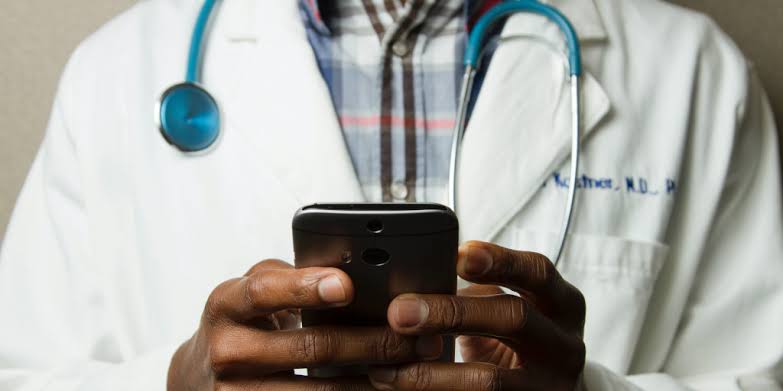
More Africans are now accessing life-saving medicines, check-ups, referrals and consultation services over their mobile phones on the back of the rapidly growing digital healthcare system.
Google-IFC “e-Conomy Africa 2020” report showed that African patients and doctors are racing head to head with their global peers in using telemedicine, while the Uneca report, Healthcare and Economic Growth in Africa sees some $259 billion in business opportunities in healthcare and the wellness sector by 2030.



